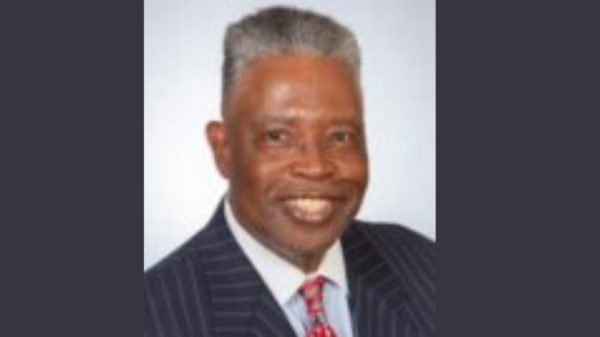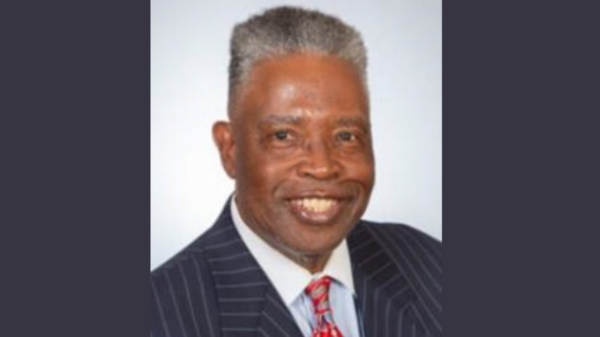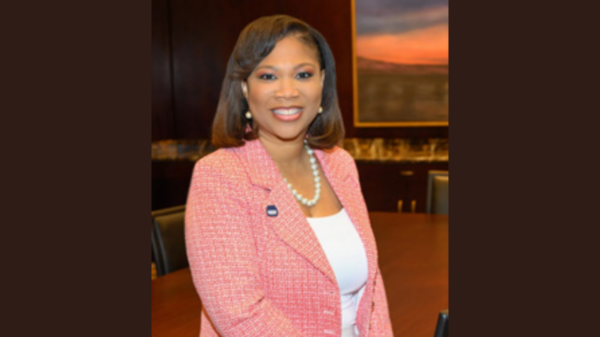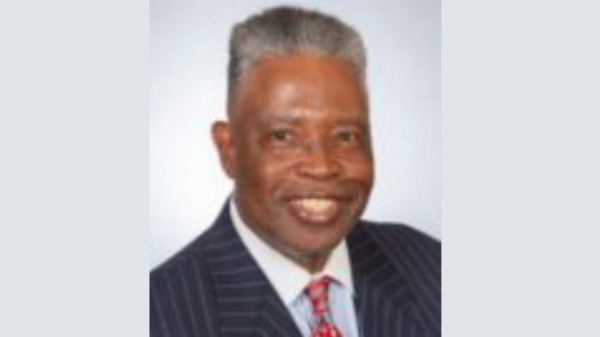Dr. Benjamin F. Chavis Jr.
President Joe Biden will make his State of the Union address on March 7. As a veteran civil rights leader committed to improving public safety and unlocking economic prosperity in our communities, there are a few policies I hope the president will address.
There also is one I hope he will leave — permanently — on the cutting room floor.
That policy is the U.S. Food and Drug Administration’s (FDA) proposed prohibition on the sale of menthol cigarettes. Local law enforcement would oversee executing this ban and because Black Americans who smoke are more likely to choose menthol cigarettes, the Biden administration’s proposed rule will result in more, potentially violent encounters between cops and people of color.
In other words: the FDA’s proposal runs directly counter to President Biden’s attempts to address crime and reform law enforcement practices to better protect Black Americans and other communities of color. Crime is rising especially in many urban centers. The proposed FDA rule change will lead to underground and illicit transactions that will only contribute to more crime and more negative interactions between law enforcement and communities of color.
We cannot leave our communities unprotected. At the same time, I recognize that Black and Brown individuals account for 68.7% of the people in prison and 44% of the people killed by police in the United States. To reduce these numbers, we need to change the culture and premise of policing.
It is estimated that, in several cities, less than 5% of an officer’s time is spent fighting violent crime. Police are still expected to respond to 911 calls, even if these calls have nothing to do with a crime. That requirement is part of the problem. According to the National Alliance on Mental Illness, people with mental illness are more than 10 times as likely to experience the use of force in interactions with law enforcement than those without mental illnesses. Calling 911 when a person is having a manic episode should not be a matter of life and death, but, too often, it is.
Instead of issuing regulations that will require law enforcement to tackle yet another public health matter, President Biden should make it clear how he intends to help communities take the burden for nonviolent public safety matters off law enforcement’s shoulders. Enhancing funding for substance abuse, mental health, and housing counselors, for example, will keep more people out of jail and prevent police violence.
To further improve outcomes for people of color, President Biden should issue a bold plan to increase Black homeownership. Last year, the National Association of Realtors reported that while 72.7% of white Americans own their own homes, only 44% of Black Americans do. Black homeownership has only increased 0.4% in the past decade.
An effective strategy to overcome poverty in Black America is to increase homeownership and prevent racial hypersegregation. President Biden has pursued some regulatory actions to address housing discrimination, but improving access to homeownership will require greater efforts to reduce inflation so Black Americans can save and get out from under the burden of high interest rates.
Finally, President Biden should continue to request additional federal funding for Historically Black Colleges and Universities (HBCUs). The gap in funding between predominantly white institutions and HBCUs is not the result of smaller endowments. It is the result of systemic underfunding by state lawmakers. According to an Inside Higher Ed report, the country’s historically Black land-grant universities have been underfunded by their states by a total of $13 billion. HBCUs are a springboard toward success. They constitute only 3% of four-year U.S. colleges, but their graduates account for 80% of all Black judges, 50% of Black lawyers, and 50% of Black doctors.
National polls indicate African Americans do not want their votes to be taken for granted in 2024. President Biden now has a strategic opportunity to engender trust, promote more inclusive public policies, and commit to helping our communities improve the quality of life.
Dr. Benjamin F. Chavis, Jr is President and CEO of the NNPA, Executive Producer/Host of The Chavis Chronicles on PBS TV stations throughout the United States, entrepreneur, global business and civil rights, and can be reached at dr.bchavis@nnpa.org









You must be logged in to post a comment Login